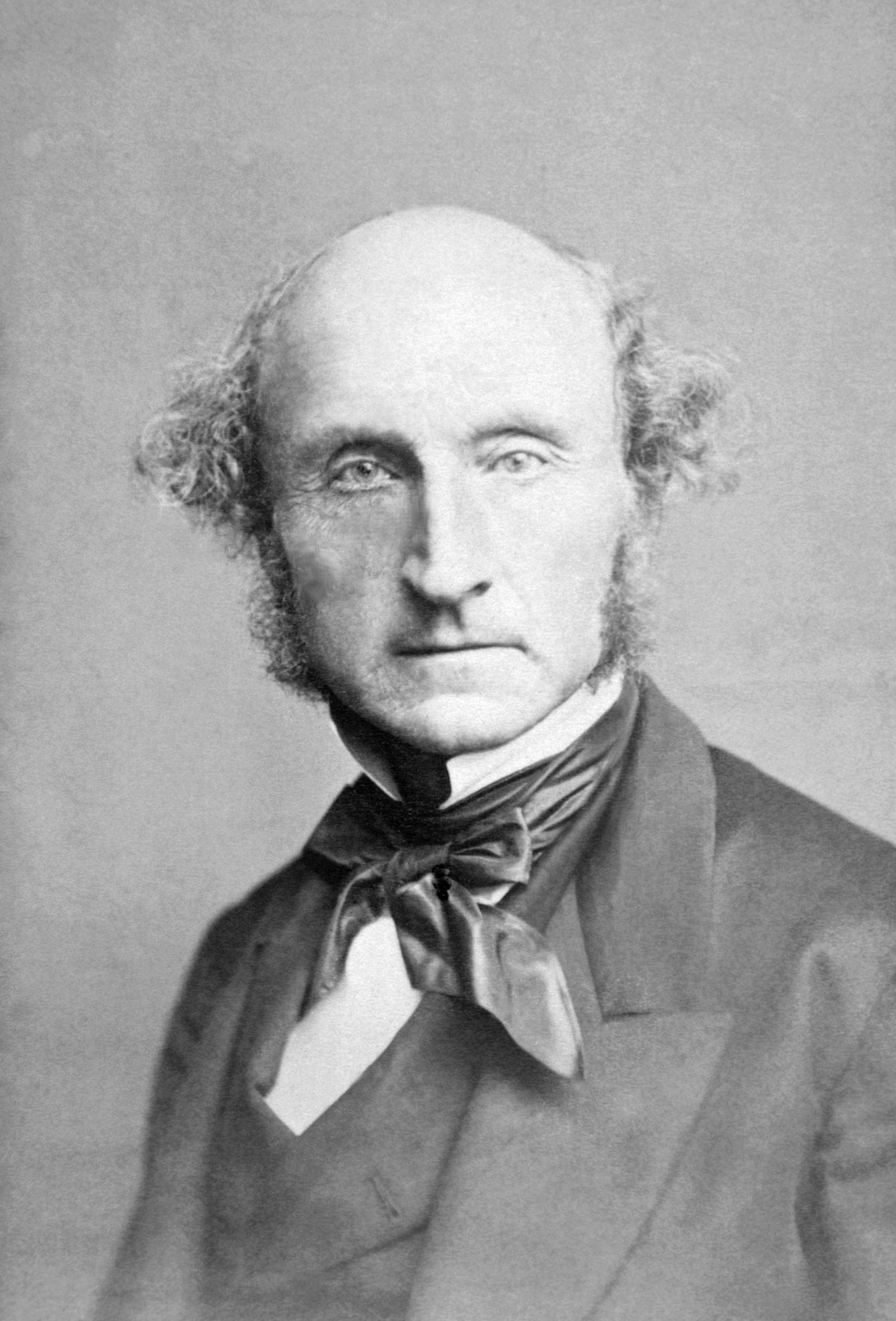Utilitarianism, << yoo `tihl` uh TAIR ee uh `nihz` um, >> is a theory of morality that associates the rightness of an act with its consequences. It was developed in the late 1700’s and 1800’s by the English philosophers Jeremy Bentham, James Mill, and John Stuart Mill.

Utilitarians believe that what makes an act morally right is the fact that it leads to the best consequences. In contrast, according to most traditional codes, such as the Ten Commandments, acting morally involves following certain principles, even when doing so leads to bad effects. Utilitarians wanted to replace such a strict attachment to rules with a flexible code that allowed people to perform whatever act would have the best results.
Some utilitarians differ in their beliefs about what makes results good or bad. Bentham believed that only pleasure or happiness is good in itself, while pain or unhappiness is the only basic evil. The right act produced the greatest happiness for the greatest number. Other utilitarians claim that other things besides pleasure are good, such as knowledge, love, and freedom.
Bentham tried to devise a method to measure the value of actions. He extended his theory to politics, claiming that government should promote the well-being of its citizens. His theory is an early form of cost-benefit analysis, a method now often used in politics and economics.
